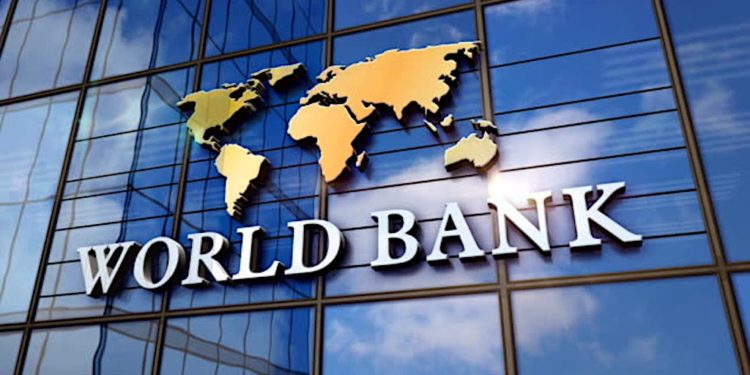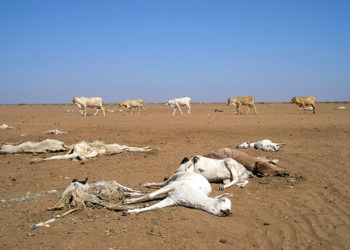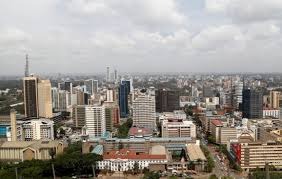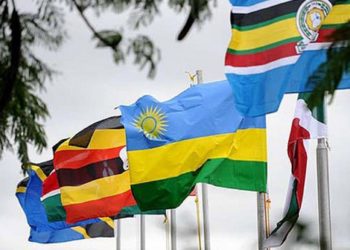Kenya’s economy demonstrated significant resilience in 2023, registering a 5.0% GDP growth, surpassing the Sub-Saharan Africa average of 3.6%, as reported by the latest World Bank update.
During its released on Wednesday, the 28th edition of the Kenya Economic Update (KEU) disclosed that the country achieved a primary fiscal balance of 1.6% of GDP in 2023, a positive shift from the 0.9% deficit in 2022. The public debt-to-GDP ratio also decreased to 54.7%, compared to 58.9% in the preceding year.
The report attributed this growth to a robust recovery in the agricultural sector, previously impacted by severe drought, along with moderate expansion in the services sector.
The agricultural rebound enhanced food supply, mitigating inflationary pressures through monetary policy tightening. Additionally, growth was observed in the tourism sector, private sector credit, and an anticipated improvement in manufacturing activity due to expected growth in the agro-processing sector.
Commending Kenya’s robust performance in 2023, the World Bank encouraged the government to persist in its prudent fiscal policy, credited with reducing both primary and overall deficits in the past two years.
The Bank advised accessing concessional borrowing to avoid accumulating costly debt and emphasized the importance of balancing short-term macroeconomic stability with long-term growth objectives that encompass all segments of society.
The report highlighted that improved food supply and monetary policy tightening contributed to lowering inflation, while growth in tourism, private sector credit, and manufacturing activity also played roles. However, the World Bank cautioned that the economy faces risks, including high public debt, a high cost of living, exchange rate pressures, global economic uncertainties, and tight global financial conditions.
The KEU projected a real GDP growth between 4.5–5.2% in 2024, driven by enhanced investor confidence, reduced government borrowing, and increased private investment. Despite this positive outlook, the World Bank warned of uncertainties tied to factors such as droughts, floods, reform momentum, global credit market volatility, Euro Zone growth, and commodity prices.
The report underscored key policy areas for sustained economic recovery, urging the government to focus on revenue mobilization, public financial management strengthening, business environment improvement, support for the green transition, and promotion of social inclusion and human capital development.
Naomi Mathenge, World Bank Senior Economist and author of KEU, emphasized the need for Kenya to strike a balance between short-term macroeconomic challenges and long-term inclusive growth policies.
















